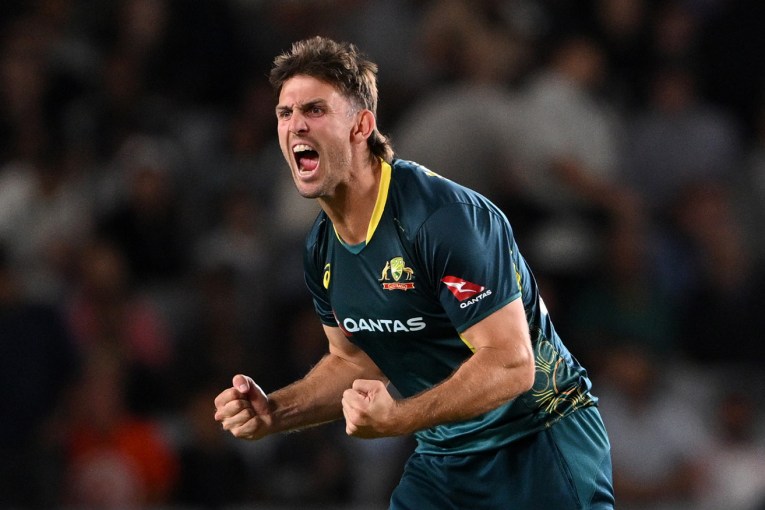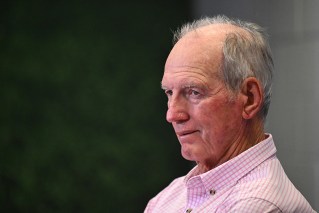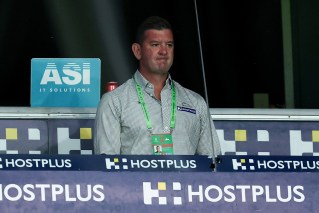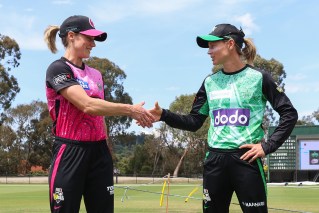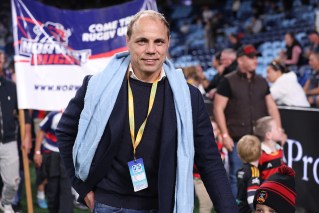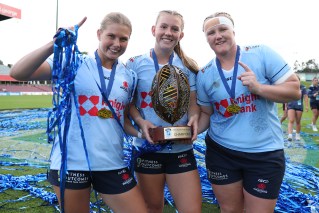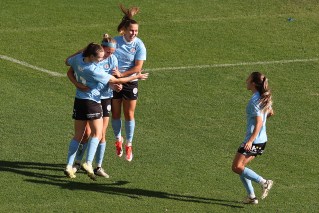AFL Finals: Integrity lost as the pre-finals bye disadvantages top four

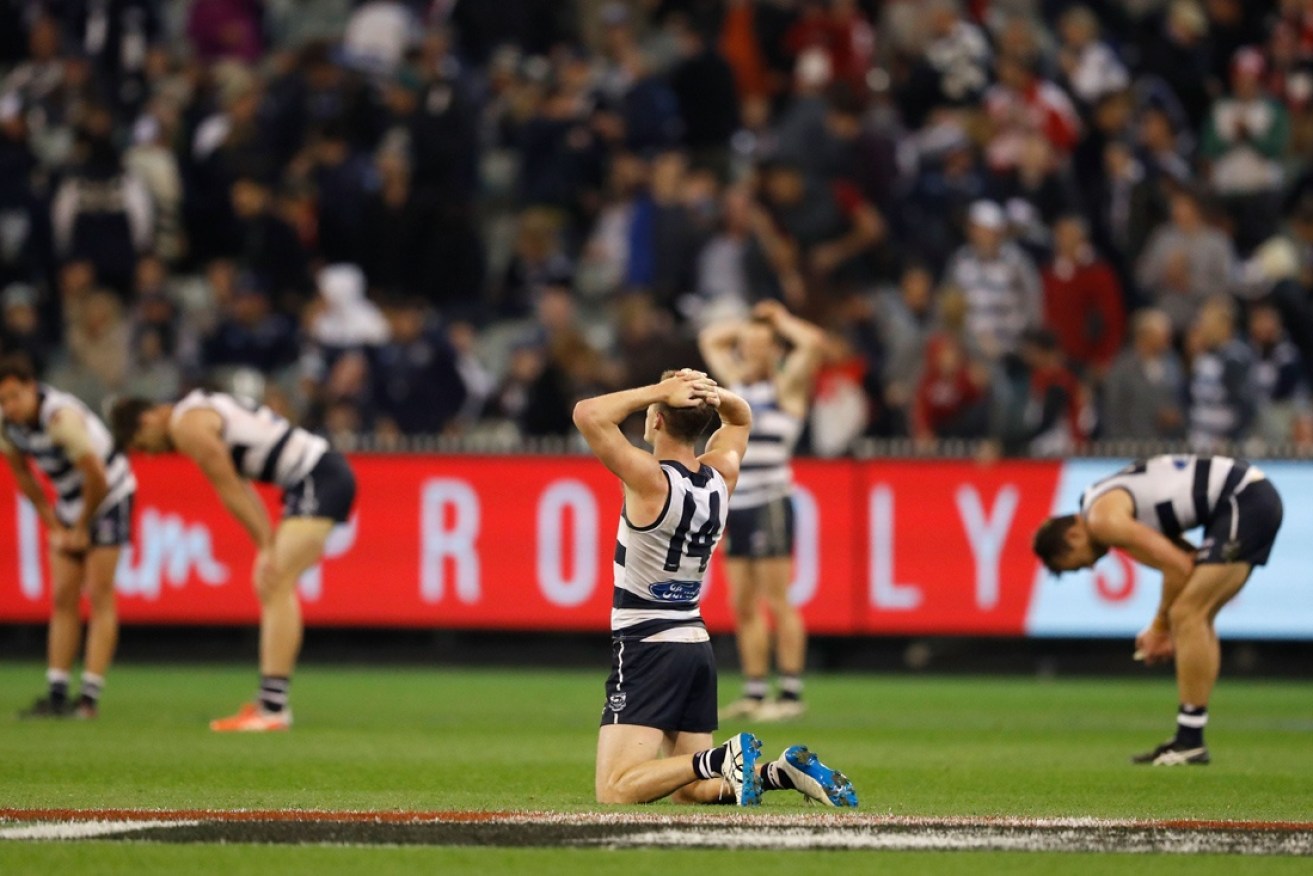
Geelong suffered from the AFL's pre-finals bye last year. Photo: Getty
Fremantle coach Ross Lyon and North Melbourne counterpart Brad Scott thought they were doing the right thing by their employers.
Both the table-topping Dockers and the Kangaroos had top-eight spots secured heading into the last round of the home-and-away season in 2015, so they decided to rest and rotate more players than seen before.
The decision would dramatically change the future of the AFL’s finals system.
Lyon ‘managed’ 11 Dockers out of their Round 23 clash against Port Adelaide, while Scott rested nine for a Friday night battle with Richmond. Both sides were soundly beaten, infuriating the AFL.
Just two months later, the league announced the 2016 season would feature a pre-finals bye to ensure those involved in the business end of the season would get “the best possible lead-in and preparation”.
They even sold the week off as a “celebration of football”; a near fortnight-long period devoid of competitive matches but littered with official functions, award ceremonies and exhibition matches, drawing months of momentum to a skidding halt.
The problem with the AFL’s “celebration” was the disadvantage it created.
Teams who qualified for the top four and won in week one of the finals faced playing only one match in just shy of a month.
Clearly, a schedule reading ‘week off, final, week off’ is not ideal preparation for a cut-throat preliminary final.
Just ask Geelong, which snuck past Hawthorn in the first week of the 2016 finals series and entered its preliminary final against Sydney on the back of one match in 26 days.
The result? A seven-goal-to-none first quarter as the Swans burst out of the blocks and caught out the rusty Cats, who lost the match by more than six goals.
The week off has divided the AFL community, too.
Former North Melbourne champion David King told The New Daily it has been “fantastic” for football.
“There’s been a whole host of benefits. It allows for Thursday night finals in the first week, which is beneficial for everyone.”
But Wayne Schwass, a fellow Kangaroos player, is in the other camp.
“I think it disadvantages the top teams,” he said, adding that the pre-finals bye should be abandoned.
“I don’t like it, I don’t like the intent. I don’t see what benefit it provides.”
He said he thought it was a “disincentive” to land in the top four, for those who end up playing just once over four weeks.
Critically, AFL coaches hated it too, and they saw the problems ahead of time.
An August 2016 survey of the coaches revealed that all 18 of them did not support a pre-finals bye. This was before it became clear the top sides could not cope with the long gaps between finals matches.

AFL coaches do not support the pre-finals bye. Photo: Getty
Some have changed their tune since, with three coaches supporting it in the 2017 survey, but you can only assume those votes came from those who watched last year’s finals from the couch.
Hawks coach Alastair Clarkson has been the pre-finals bye’s most vocal critic since its inception and was forthright on the issue last month.
“I think it’s an enormous disadvantage finishing top four and winning your first final and playing one game in three weeks leading into a prelim,” he said at a press conference.
“If you’ve worked hard to deserve top-four status you shouldn’t be disadvantaged come the finals … There’s no integrity in finishing top four if it’s a disadvantage for you.”
The present system gives those who finish in the bottom half of the top eight a greater chance of success. Just ask the Western Bulldogs, who won the flag from seventh last year.
Soon, we might see teams wanting to miss the top four. And where’s the integrity in that?
-with Rachel Eddie
